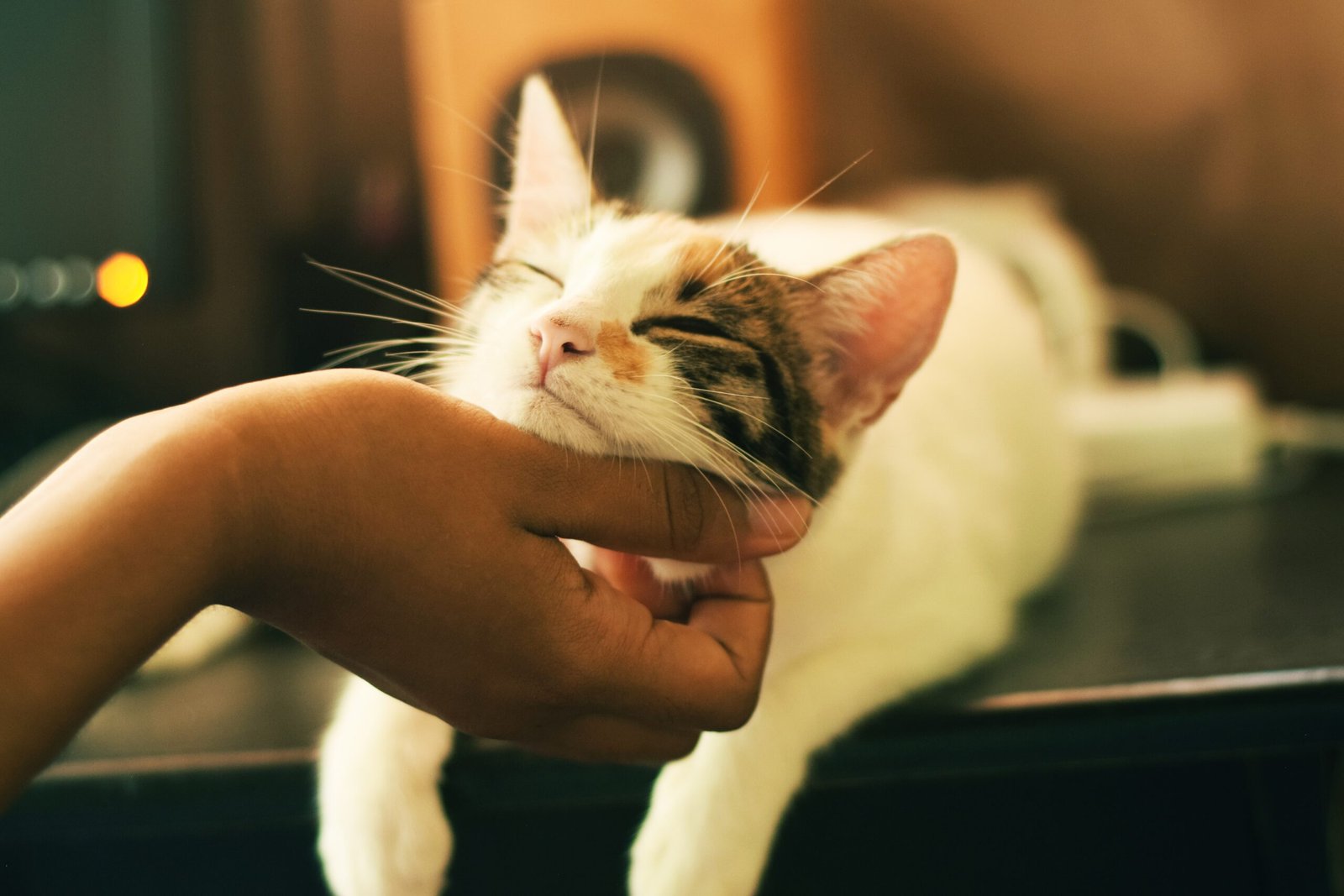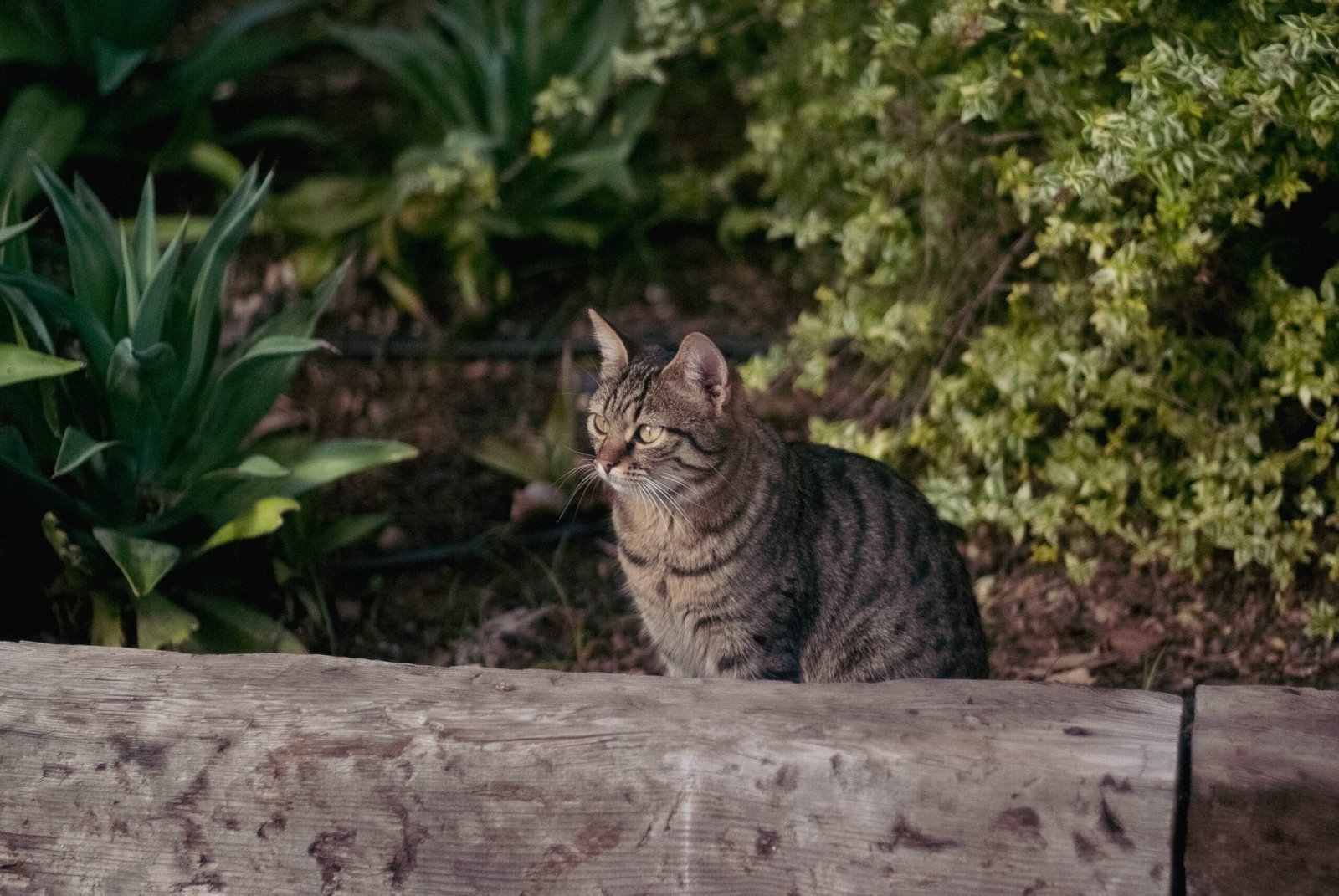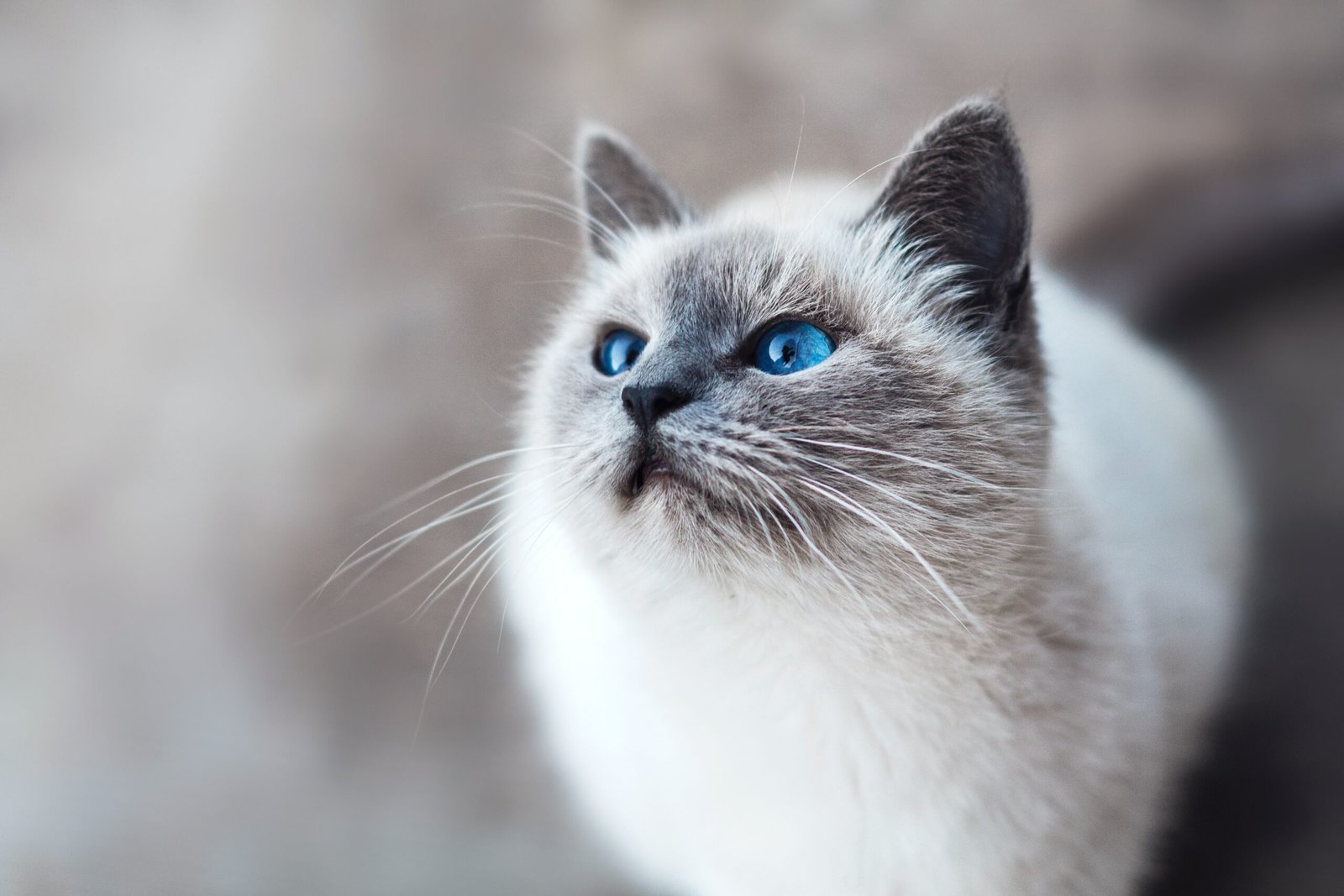Top 10 Common Cat Health Problems: A Comprehensive Guide for Cat Owners
Introduction:
Welcome to our comprehensive guide on the top 10 common cat health problems. As a cat owner, it’s essential to be aware of these health issues to ensure the well-being of your feline companion. In this blog post, we will discuss the latest trends and provide recent data on each health problem, along with tips and advice on prevention and treatment.
1. Obesity:
Obesity is a growing concern among cats, with recent studies showing that approximately 60% of cats in the United States are overweight or obese. This can lead to various health issues, such as diabetes, arthritis, and heart disease. To combat obesity, ensure your cat has a balanced diet, engage in regular playtime, and consult your veterinarian for guidance on portion control.
2. Dental Disease:
Dental disease is prevalent among cats, affecting their overall health and well-being. Recent research suggests that around 70% of cats over the age of three have some form of dental problem. Regular dental care, including brushing your cat’s teeth and providing dental treats, can help prevent dental disease and maintain good oral hygiene.
3. Urinary Tract Infections (UTIs):
UTIs are common in cats and can cause discomfort and pain. Recent studies indicate that female cats are more prone to UTIs than males. Symptoms include frequent urination, blood in the urine, and straining to urinate. Prompt veterinary care is crucial to diagnose and treat UTIs effectively.
4. Allergies:
Cats can develop allergies to various substances, including pollen, dust mites, and certain foods. Recent data suggests that allergies affect approximately 10% of cats. Common signs of allergies include itching, sneezing, and skin irritations. Identifying and avoiding the allergen, along with veterinary guidance, can help manage allergies in cats.
5. Feline Lower Urinary Tract Disease (FLUTD):
FLUTD is a collective term for various conditions affecting the urinary tract in cats. Recent trends show an increase in FLUTD cases, with male cats being more susceptible. Symptoms include frequent urination, blood in the urine, and urinating outside the litter box. Prompt veterinary attention is crucial to prevent complications and provide appropriate treatment.
6. Hyperthyroidism:
Hyperthyroidism is a common hormonal disorder in older cats, particularly those over the age of 10. Recent studies show an alarming rise in hyperthyroidism cases, with environmental factors playing a significant role. Symptoms include weight loss, increased appetite, and restlessness. Consult your veterinarian for proper diagnosis and treatment options.
7. Diabetes:
Diabetes is a chronic disease that affects cats, with recent data suggesting a steady increase in diabetes cases. Obesity, poor diet, and genetic predisposition are contributing factors. Common symptoms include increased thirst, frequent urination, and weight loss. Early detection and management are crucial for diabetic cats.
8. Upper Respiratory Infections (URIs):
URIs, also known as the “cat flu,” are highly contagious viral infections that affect the respiratory system in cats. Recent trends indicate that URIs are a significant concern, particularly in densely populated areas. Symptoms include sneezing, coughing, and nasal discharge. Vaccination and proper hygiene can help prevent the spread of URIs.
9. Parasites:
Parasites, such as fleas, ticks, and intestinal worms, can cause significant health problems in cats. Recent studies highlight the importance of regular parasite prevention and treatment. Symptoms vary depending on the type of parasite but may include itching, hair loss, and digestive issues. Consult your veterinarian for the most suitable preventive measures.
10. Kidney Disease:
Kidney disease is a common health problem in cats, especially in older cats. Recent research suggests that approximately 30% of cats over the age of 10 have some degree of kidney disease. Early detection through regular check-ups and monitoring of water intake and litter box habits is crucial for managing kidney disease.
Conclusion:
As responsible cat owners, it’s essential to stay informed about common cat health problems. By recognizing the signs and symptoms early on, you can seek appropriate veterinary care and take preventive measures to ensure your cat’s well-being. Remember, regular check-ups, a balanced diet, and a loving environment are key to keeping your feline friend healthy and happy.
Call to Action:
Share this valuable information with other cat owners and help create awareness about common cat health problems. Together, we can ensure the well-being of our feline companions. Let’s spread the word and make a difference!
FAQs:
Q: How often should I take my cat to the veterinarian for a check-up?
A: It is recommended to take your cat for a check-up at least once a year. However, older cats or those with specific health concerns may require more frequent visits.
Q: Can I prevent obesity in my cat?
A: Yes, you can prevent obesity in your cat by providing a balanced diet, monitoring portion sizes, and engaging in regular playtime to keep them active.
Q: What are the signs of dental disease in cats?
A: Signs of dental disease in cats include bad breath, drooling, difficulty eating, and inflamed gums.
Q: How can I prevent urinary tract infections in my cat?
A: Ensure your cat has access to fresh water, maintain a clean litter box, and provide a balanced diet to help prevent urinary tract infections.
Q: Are there any natural remedies for allergies in cats?
A: While there are some natural remedies that may help alleviate allergy symptoms in cats, it’s essential to consult your veterinarian for proper diagnosis and treatment options.
Q: How can I prevent parasites in my cat?
A: Regularly use veterinarian-recommended parasite prevention products and keep your cat’s environment clean to prevent parasites.
Q: What are the early signs of kidney disease in cats?
A: Early signs of kidney disease in cats may include increased thirst, frequent urination, and changes in appetite.
Tips:
- Provide a balanced diet and monitor portion sizes to prevent obesity.
- Brush your cat’s teeth regularly to maintain good oral hygiene.
- Keep your cat’s litter box clean to prevent urinary tract infections.
- Regularly groom your cat to check for signs of allergies or parasites.
- Monitor your cat’s water intake and litter box habits to detect early signs of kidney disease.









